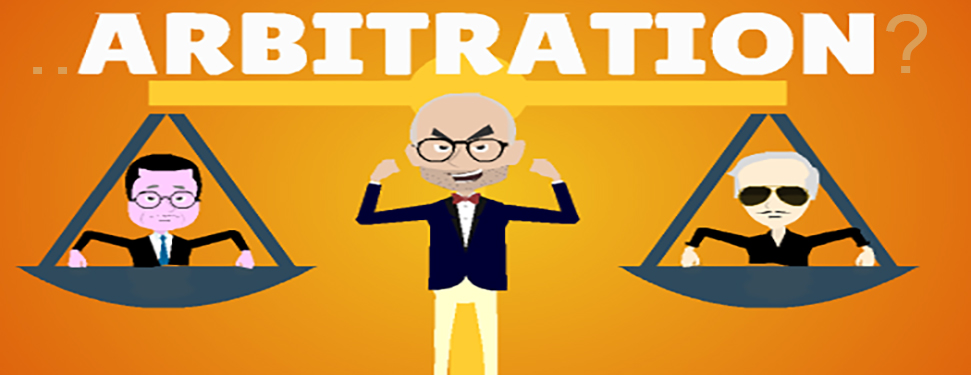Connect on LinkedIn

By Petros Zourdoumis,
The European Commission is making an effort to promote alternative dispute resolution for consumer disputes and the relevant European legislation is coming into force in the member states through the implementation of Directive 2013/11/EU and the adoption of Regulation (EU) 524/2013 on consumer ODR.
The essence of this legislative initiative is to ensure access to simple, efficient, fast and low-cost ways of resolving domestic and cross-border disputes which arise from sales or service contracts between consumers and traders. Equally critical goals are, high level of consumer protection, independent, impartial, transparent, effective, fast and fair alternative dispute resolution procedures, out-of-court resolution, even more trust in e-commerce and increase in e-trade volume.
Based on the above, a system of ADR entities will be there, fair procedures will be ensured, consumers and traders will eventually at some point try the option. Would that be enough to achieve the goal of shifting consumer disputes from court rooms to ADR rooms?
I believe the nature of the decision will play a key role.
There is a question of whether the neutral in the process of resolving consumer disputes will impose or propose a solution. It is an issue that will probably be decided differently in different legal jurisdictions, as implementation process show so far, with most of the countries taking what I call “soft” approach of a proposed solution.
In such case the course of the process is pretty straight forward. When the neutral delivers his/her proposed solution, it will be sent to the parties, who will take some time to reflect and then decide whether they agree or not with the proposed solution and are willing or not to enforce it. If they choose not to, sadly enough it is the end of the case. Some may say that parties have activated a whole ADR system just to confirm that they do not stand on common ground. Yet, they exercised their free right to do so!
However safe and liberal this may appear, one could argue that opting for a proposed solution may not be as efficient for resolving disputes. It could significantly restrict the actual role of the neutral, it would equate the process to being one of recommendation than one of resolution, it could call consumers to “file a claim and try their lack” especially when they could do so for free or at a nominal cost. Therefore, it would seem much more workable and effective that the neutral is vested with the authority to decide and impose a solution. That could gain even more value when parties realize that their best alternative to the imposed solution would be lengthy and stressful litigation and negative feedback on social media.
On the other hand some may argue that by creating an actual resolution process, only less formal, but still with someone deciding the case we are shifting away from mediating a case and leaning more towards a quasi-arbitration hybrid model. Which nevertheless is still ADR!
Could this better serve alternative resolution of consumer disputes? That remains to be measured when comparing the effectiveness of arbitration systems against mediation systems for resolving consumer claims in European countries.
At the beginning of a new European experiment we will see how adequately the new legislation accommodates opposite views, like the fact that in an almost pan European scale, consumers opt for an imposed solution process and traders for a proposed one.
We will also see how it responds to issues of uniformity in cross border disputes, where the member state of the consumer provides for imposed solutions by the neutral and the member state of the trader for proposed solutions.
The new European environment for resolving consumer disputes will be tested against market reality. Numbers will show how well it did.
, 10 APR 2021